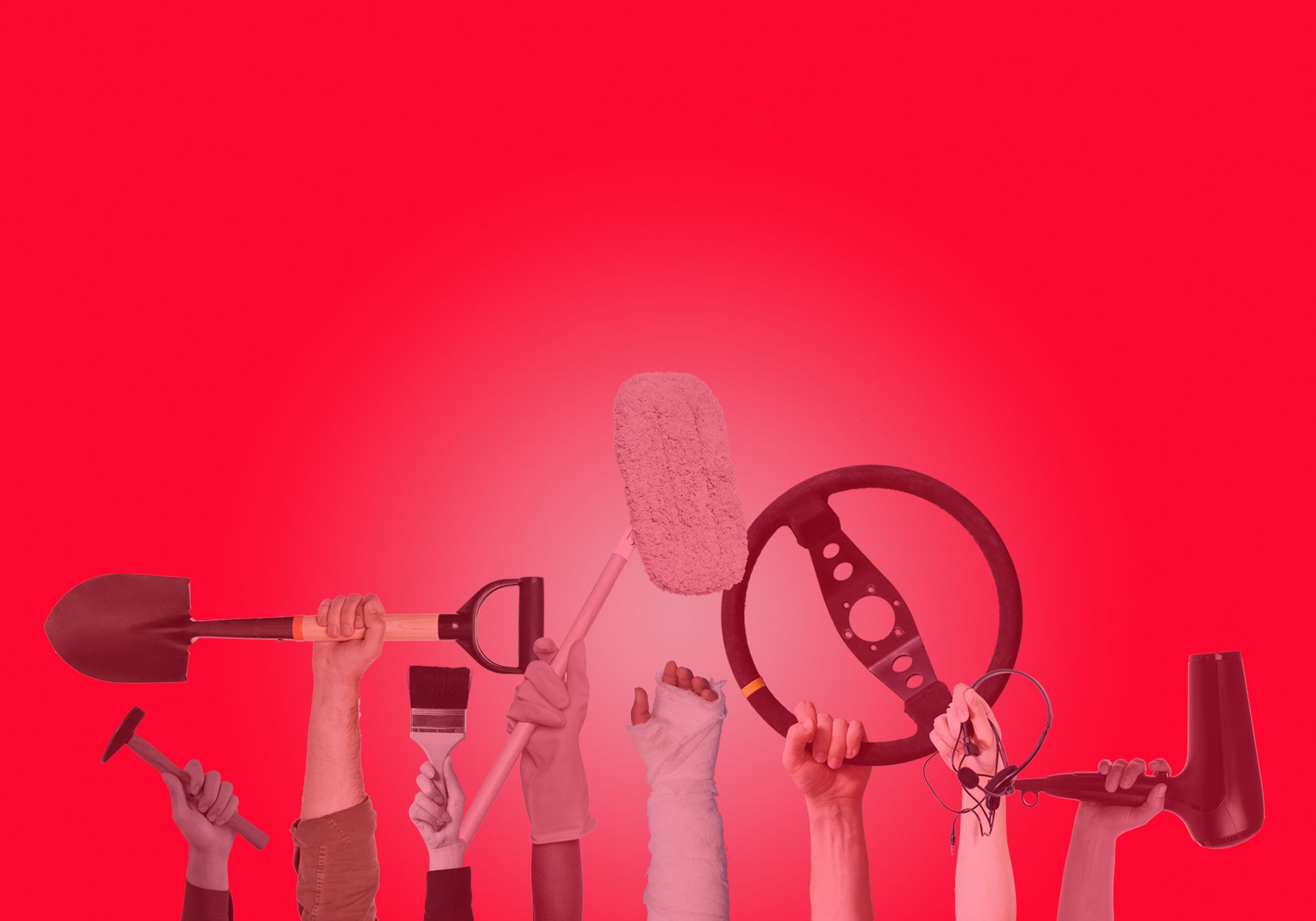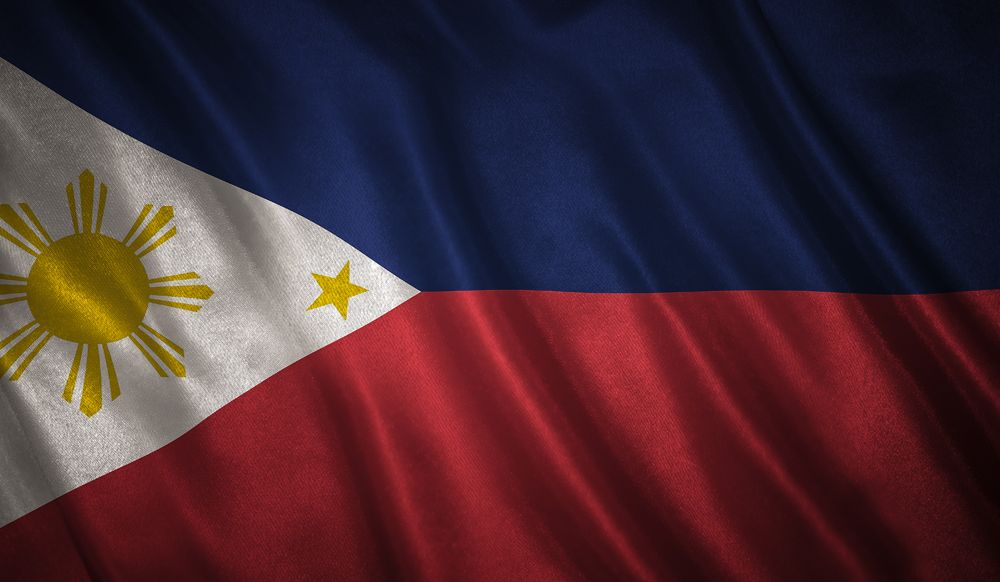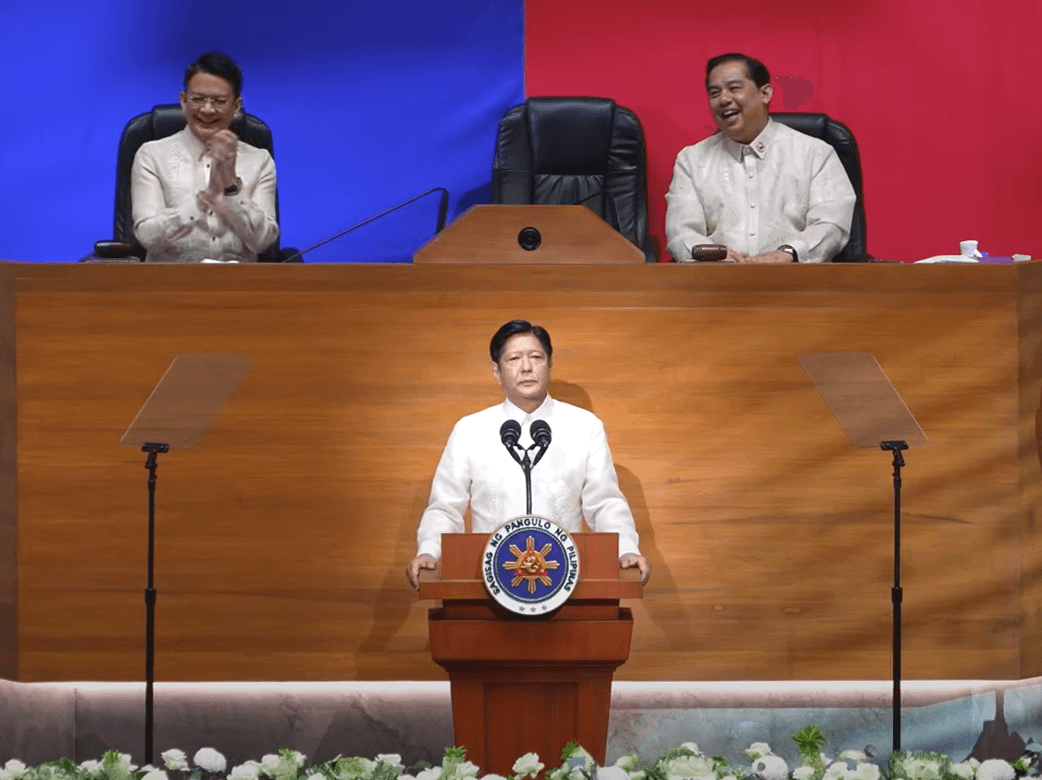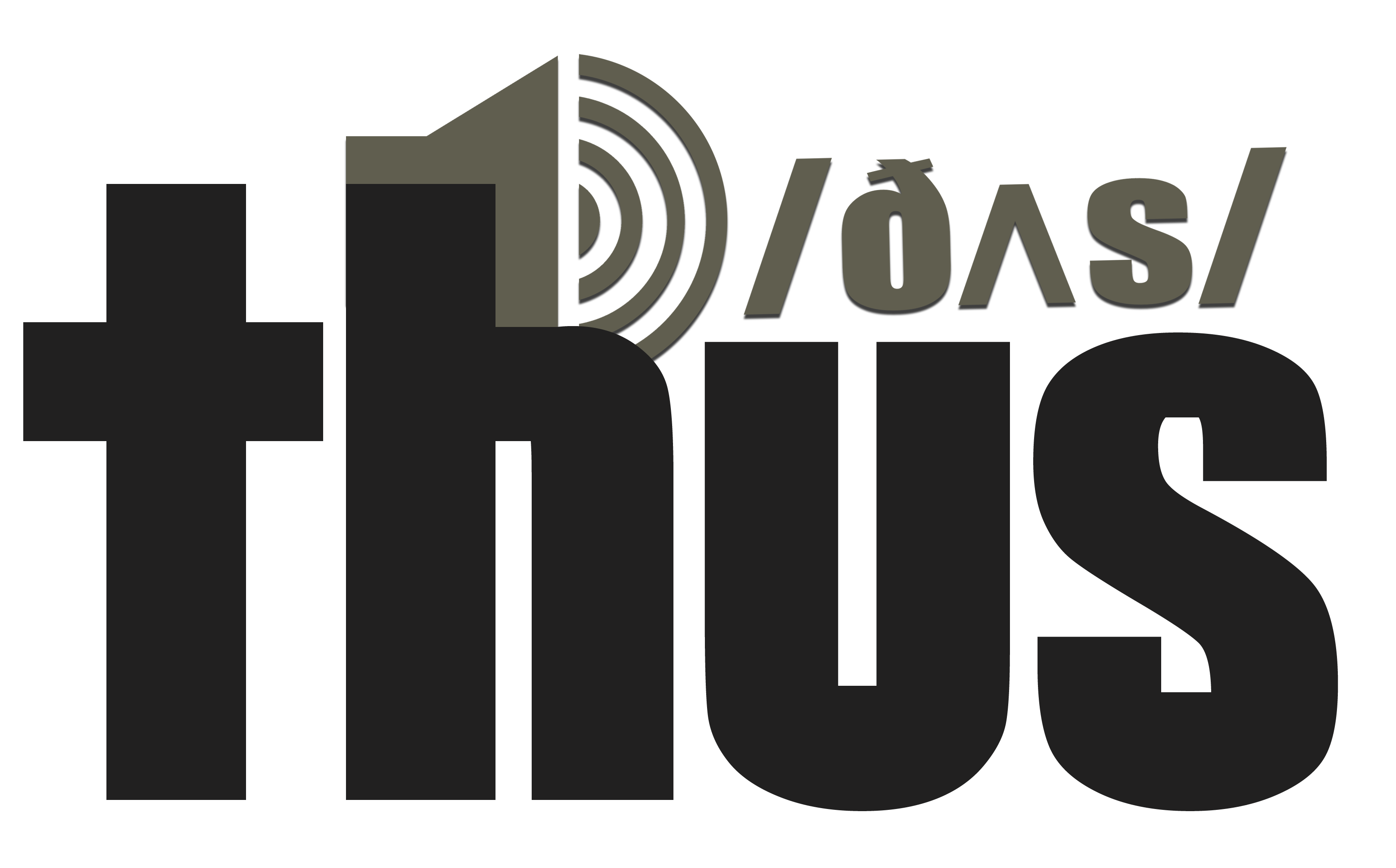![[object Object]](https://admin.thus.ph/uploads/Unfollow_Cover_074fc0897c.png)
“Unfriend” in Need: A Guide to Culling Your Socials of Undesirables
Whether you just want to care for your mental health or you just don't want to be a bad person, here you go.

Karl R. De Mesa
2025-04-07T09:25:22.202Z
While social media was created to bring people closer, it has—on many occasions—driven people apart.
And we may be seeing a lot of that happening in the Philippines.
If you’re like me, then you recently saw the populist of a former Philippine President Rodrigo Duterte get sent off to the Hague’s International Criminal Court (ICC) to answer for his crimes against humanity. You saw your feed on multiple social media platforms flooded by paid troll disinformation and, as a corollary, also witnessed lurking supporters come out of the woodwork to announce offense or alarm at wheels of justice rolling through the community of nations. Ergo, it might be time for a “change”—an irony given how this was meant to be the reward of Duterte's presidency.
Have you been in a strange limbo about what to do, seeing the rage bait? Mental health not in too good a shape with the increase of logically fallacious essays you just can’t help but refute or comment on?
Now’s exactly the time to purge a good number of folks you don’t like who might incidentally be riffing on the troll disinfo or spreading their own misinformation as viral tangents of the original propagandists. Maybe they’ve been there all along and you didn’t notice—until now.
If you’re lost and looking for criteria or want to designate tiers on what to do, why, and how to do it, here’s a set of protocols that might be the basis for your own custom “unfriending.”
After all, though we’re already past the pre-trial, the first actual ICC hearing won’t be until September 2025. Many, many things can and will happen to the local political landscape between now and six months later. “Change is coming,” as the Duterte camp used to promise. And that might be true; things may very well get worse.
The Pop Psych Theory of “Let Them”
Duterte’s Drug War years lasted from 2016, to 2022. Now that he’s been flown to the ICC, given up by the current administration of Ferdinand Marcos Jr (in what must be one of the most surprising and laissez faire moves in Pinoy political history) there’s many who still can’t fathom how this praxis seizure can be both a good and bad thing.
It’s a good thing for the thousands of people seeking justice after their loved ones became victims of extrajudicial killings. It’s a testament to the world that justice can still be had even against former despots. Also, it’s a good thing for the sitting admin as they seem to have mostly eliminated the power base of their chief rival family (and former ally). Or so they believe.
It’s a bad thing because even if the current Vice President (Duterte’s daughter) is facing impeachment, these moves have a way of mobilizing the power base past their petty divisions—as we’re now seeing with the circulation spike of pro-Duterte material and sporadic physical rallies of varying sizes at various locations (even abroad.)
Support to bring the ex prez home from these parties is high, even if chances of that actually happening are incredibly slim. Also, him dying while in custody of the ICC may just make him a martyr.
Finally, it’s also a bad sign of how we, a former colony twice over, still obviously need Western powers to help police our own injustices. Simply: our systems are undeveloped, incompetent, and downright inutile when bringing about proper and uncorrupted court procedures against big criminals. Everything that’s led to the former prez’s detention at the ICC is a failure of our democratic institutions. They tell the world “look at the Filipinos and their regressed world of competitive feudal powers masquerading as a liberal democracy.” But also, one of our former colonizers—the United States--isn’t doing too well on the autocratic leadership front.
If all these things can be true at the same time, how do they figure in how you should structure your criteria to unfriend or not?
There’s a popular principle made by pop psych guru Mel Robbins called the “Let Them Theory.” It posits that efforts to control people are futile and you should simply let them do what they want and rather concentrate on what you can do within your own world.
There have been other popular variations of this in the self-help guru sphere; Jocko Willink’s “Extreme Ownership” that encourages you to say “good” to any setback and Jordan Peterson’s “Fix your room” mantra as a prophylactic against inevitable times of crisis. But “Let Them,” at least on the surface (and on an actionable level) seems a highly attractive proposition. It certainly involves very minimal effort.
After all, it’s already been three years since the administration turnover. If any of your social friends’ parochial viewpoints, arguments, and habits haven’t changed, there will likely be quite little you can do to convince them otherwise now. Perhaps you’ve already had long convos about this? Perhaps you’ve already sent them dozens of links to facts and studies and stats concerning those dark years? Perhaps they didn’t click on them and never will. Perhaps they simply shamed you for knowing things. It doesn’t matter now.
Now that they’re having senseless tantrums and are experiencing the exact same frustrations as you were—these same former warmongers who once howled for blood now clamor for due process and respect for rights absent in the EJK victims proceedings—you can always go a step further.
For starters, ask yourself these when deciding if simply “Mute” or “Take A Break” can do the trick (or any variation of those commands across platforms):
● Do I need to constantly interact with this person for a specific reason? Perhaps they are related to you by blood or you deal with them at work and unfriending will just cause more drama difficult to avoid.
● If not, then ask how long has it been since you’ve last virtually interacted or physically met this person on a non-professional, friendly basis? (Some friendships do survive long years of no interaction but these are fringe exceptions and you’ll know what to do with those)
● Can they simply be a misled, indoctrinated lamb or—facing some real talk—be as stupid as you think they are? (Note that deprogramming them isn’t on you)
● And lastly, do you like them enough to have a reasonable and intelligent engagement beyond—gasp—their political views and support of atrocities?
If any of these fail in your book, then use “Unfriend” and “Block” with impunity.
So, let them do as they please and you are also free to react as you please based on their actions. While it may not build empathy or bridges of understanding, there’s always going to be a need to cut out parts of an organic body so the rest can heal and grow healthy. Humbly, here’s a direction for your scalpel.
The Paradox of Tolerance
For most of those stated above a simple “Mute” or “Take a Break” can be the answer. Voila! You won’t see them on your feed anymore and, subsequently, the algorithm governing your social platform (it’s different on each one, yeah) will show you less of those posts.
What’s likely going to cause you problems is the last two items. Yes, the Indoctrinated Lamb or the Intelligent Zealot. Who to Unfriend? Why?
Here, the philosophical koan posited by Karl Popper in his 1945 book “The Open Society and Its Enemies” is useful. Because it’s a paradox, it can sound downright conflicting. How can a society call itself tolerant when it can’t open itself to every viewpoint, argument, or action? Even the hateful ones?
Popper maintains that if a tolerant society wants to retain its state of balance then it must be intolerant towards similarly intolerant ideologies.
There’s a popular story by Michael B. Tager, who wrote about this in a few tweets of his. It was about his time visiting a bar in Baltimore City. As he was drinking a post-work beer, he noticed that the bartender booted out a patron. This patron was quiet and minding his own business. But he was also wearing a jacket covered in Nazi patches. SS lighting signs and swastikas. Tager asked the bartender why he threw out the guy.
The bartender said that if you let one Nazi in, slowly they replace the clientele. “You have to nip it in the bud immediately! These guys come in and it's always a nice, polite one. And you serve them because you don't want to cause a scene. And then they become a regular and after a while, they bring a friend. And that dude is cool too. And then THEY bring friends and the friends bring friends and they stop being cool. And then you realize, oh shit, this is a Nazi bar now! And it's too late because they're entrenched and if you try to kick them out, they cause a PROBLEM. So you have to shut them down.”
In deciding whether your polite Indoctrinated Lamb or your polite Intelligent Zealot (admittedly, a rarity) are worth the boot from your feed, consider how you always need to nip intolerance in the bud or it brings its friends over. Similarly, either of those archetypes may express remorse at pouring gasoline and burning down a house because it’s where the hated drug addicts live and score. Who knows, they may even grow a conscience mid-burn and try to avert everything going up in flames by picking up a fire extinguisher. Maybe even call the firefighters.
The point is this: you don't get a redemption pass for suddenly changing your mind about burning down the house you ignited in the first place. Are you being tolerant for the sake of or because it’s this special individual?
Similarly, stop making up stories about why people do what they do, and simply take them at their word: regard their socials posts not as polite banter or intelligent speculation but as speech that means what they say and says what they mean.
Perceive the Invisible Gorilla
Admittedly, that last proposition about taking things on socials at face value can be problematic.
People can backtrack and claim it was a joke. They may also—though rarely—admit being wrong and apologize. Whether it’s sincere or not is where patterns of behavior come in. Now, this requires attention and admitting we may have missed red flags about this person. It’s no biggie, since we’re wired that way.
One of the best demonstrations about illustrating what scientists call “inattentional blindness” is the Invisible Gorilla Test.
In 1975, scientist wired subjects to watch a short video that had two groups of people. One group wore black shirts, the other wore white. A basketball was passed around between the groups and the subjects were told either to count the passes by one of the teams or to keep count of bounce passes versus aerial ones.
None of that counting mattered. See, in different versions but in all of the videos, a man in a gorilla suit costume would come into the scene and dance, hang out, even lie on the floor.
You’d think folks would notice this anomaly even if they were counting. In practice, 50 percent of the subjects did not report seeing the gorilla. That’s half of the people only counting ball passes and not seeing at all that was in front of them.
Why? Since they were engaged in a task, they were focused too much on the ball to even see the ape sneak in.
What does this mean? That our perception needs attention. It's the only way we can realize what’s going on. Similarly, it may take some time to realize that this person deserves to be cut out of our socials. But don’t hesitate when you do come to that crossroads.
There’s a real need these days to imbue more importance to our peace of mind since the prevalence of time spent online can no longer be completely optional. What it means is choosing wellness. Refuse the zealot’s mindset that voluntarily missing the man in the gorilla suit in our midst. Refuse those who decline to be open to learning; the only real and lasting change comes from within.
Feel free to say “it’s been great unfriending you” by scrolling up and using tools that the platforms give you. Yes, social media was created to connect people but it also has another function: it also shows you who is worthy of having that connection with you.
And we may be seeing a lot of that happening in the Philippines.
If you’re like me, then you recently saw the populist of a former Philippine President Rodrigo Duterte get sent off to the Hague’s International Criminal Court (ICC) to answer for his crimes against humanity. You saw your feed on multiple social media platforms flooded by paid troll disinformation and, as a corollary, also witnessed lurking supporters come out of the woodwork to announce offense or alarm at wheels of justice rolling through the community of nations. Ergo, it might be time for a “change”—an irony given how this was meant to be the reward of Duterte's presidency.
Have you been in a strange limbo about what to do, seeing the rage bait? Mental health not in too good a shape with the increase of logically fallacious essays you just can’t help but refute or comment on?
Now’s exactly the time to purge a good number of folks you don’t like who might incidentally be riffing on the troll disinfo or spreading their own misinformation as viral tangents of the original propagandists. Maybe they’ve been there all along and you didn’t notice—until now.
If you’re lost and looking for criteria or want to designate tiers on what to do, why, and how to do it, here’s a set of protocols that might be the basis for your own custom “unfriending.”
After all, though we’re already past the pre-trial, the first actual ICC hearing won’t be until September 2025. Many, many things can and will happen to the local political landscape between now and six months later. “Change is coming,” as the Duterte camp used to promise. And that might be true; things may very well get worse.
The Pop Psych Theory of “Let Them”
Duterte’s Drug War years lasted from 2016, to 2022. Now that he’s been flown to the ICC, given up by the current administration of Ferdinand Marcos Jr (in what must be one of the most surprising and laissez faire moves in Pinoy political history) there’s many who still can’t fathom how this praxis seizure can be both a good and bad thing.
It’s a good thing for the thousands of people seeking justice after their loved ones became victims of extrajudicial killings. It’s a testament to the world that justice can still be had even against former despots. Also, it’s a good thing for the sitting admin as they seem to have mostly eliminated the power base of their chief rival family (and former ally). Or so they believe.
It’s a bad thing because even if the current Vice President (Duterte’s daughter) is facing impeachment, these moves have a way of mobilizing the power base past their petty divisions—as we’re now seeing with the circulation spike of pro-Duterte material and sporadic physical rallies of varying sizes at various locations (even abroad.)
Support to bring the ex prez home from these parties is high, even if chances of that actually happening are incredibly slim. Also, him dying while in custody of the ICC may just make him a martyr.
Finally, it’s also a bad sign of how we, a former colony twice over, still obviously need Western powers to help police our own injustices. Simply: our systems are undeveloped, incompetent, and downright inutile when bringing about proper and uncorrupted court procedures against big criminals. Everything that’s led to the former prez’s detention at the ICC is a failure of our democratic institutions. They tell the world “look at the Filipinos and their regressed world of competitive feudal powers masquerading as a liberal democracy.” But also, one of our former colonizers—the United States--isn’t doing too well on the autocratic leadership front.
If all these things can be true at the same time, how do they figure in how you should structure your criteria to unfriend or not?
There’s a popular principle made by pop psych guru Mel Robbins called the “Let Them Theory.” It posits that efforts to control people are futile and you should simply let them do what they want and rather concentrate on what you can do within your own world.
There have been other popular variations of this in the self-help guru sphere; Jocko Willink’s “Extreme Ownership” that encourages you to say “good” to any setback and Jordan Peterson’s “Fix your room” mantra as a prophylactic against inevitable times of crisis. But “Let Them,” at least on the surface (and on an actionable level) seems a highly attractive proposition. It certainly involves very minimal effort.
After all, it’s already been three years since the administration turnover. If any of your social friends’ parochial viewpoints, arguments, and habits haven’t changed, there will likely be quite little you can do to convince them otherwise now. Perhaps you’ve already had long convos about this? Perhaps you’ve already sent them dozens of links to facts and studies and stats concerning those dark years? Perhaps they didn’t click on them and never will. Perhaps they simply shamed you for knowing things. It doesn’t matter now.
Now that they’re having senseless tantrums and are experiencing the exact same frustrations as you were—these same former warmongers who once howled for blood now clamor for due process and respect for rights absent in the EJK victims proceedings—you can always go a step further.
For starters, ask yourself these when deciding if simply “Mute” or “Take A Break” can do the trick (or any variation of those commands across platforms):
● Do I need to constantly interact with this person for a specific reason? Perhaps they are related to you by blood or you deal with them at work and unfriending will just cause more drama difficult to avoid.
● If not, then ask how long has it been since you’ve last virtually interacted or physically met this person on a non-professional, friendly basis? (Some friendships do survive long years of no interaction but these are fringe exceptions and you’ll know what to do with those)
● Can they simply be a misled, indoctrinated lamb or—facing some real talk—be as stupid as you think they are? (Note that deprogramming them isn’t on you)
● And lastly, do you like them enough to have a reasonable and intelligent engagement beyond—gasp—their political views and support of atrocities?
If any of these fail in your book, then use “Unfriend” and “Block” with impunity.
So, let them do as they please and you are also free to react as you please based on their actions. While it may not build empathy or bridges of understanding, there’s always going to be a need to cut out parts of an organic body so the rest can heal and grow healthy. Humbly, here’s a direction for your scalpel.
The Paradox of Tolerance
For most of those stated above a simple “Mute” or “Take a Break” can be the answer. Voila! You won’t see them on your feed anymore and, subsequently, the algorithm governing your social platform (it’s different on each one, yeah) will show you less of those posts.
What’s likely going to cause you problems is the last two items. Yes, the Indoctrinated Lamb or the Intelligent Zealot. Who to Unfriend? Why?
Here, the philosophical koan posited by Karl Popper in his 1945 book “The Open Society and Its Enemies” is useful. Because it’s a paradox, it can sound downright conflicting. How can a society call itself tolerant when it can’t open itself to every viewpoint, argument, or action? Even the hateful ones?
Popper maintains that if a tolerant society wants to retain its state of balance then it must be intolerant towards similarly intolerant ideologies.
There’s a popular story by Michael B. Tager, who wrote about this in a few tweets of his. It was about his time visiting a bar in Baltimore City. As he was drinking a post-work beer, he noticed that the bartender booted out a patron. This patron was quiet and minding his own business. But he was also wearing a jacket covered in Nazi patches. SS lighting signs and swastikas. Tager asked the bartender why he threw out the guy.
The bartender said that if you let one Nazi in, slowly they replace the clientele. “You have to nip it in the bud immediately! These guys come in and it's always a nice, polite one. And you serve them because you don't want to cause a scene. And then they become a regular and after a while, they bring a friend. And that dude is cool too. And then THEY bring friends and the friends bring friends and they stop being cool. And then you realize, oh shit, this is a Nazi bar now! And it's too late because they're entrenched and if you try to kick them out, they cause a PROBLEM. So you have to shut them down.”
In deciding whether your polite Indoctrinated Lamb or your polite Intelligent Zealot (admittedly, a rarity) are worth the boot from your feed, consider how you always need to nip intolerance in the bud or it brings its friends over. Similarly, either of those archetypes may express remorse at pouring gasoline and burning down a house because it’s where the hated drug addicts live and score. Who knows, they may even grow a conscience mid-burn and try to avert everything going up in flames by picking up a fire extinguisher. Maybe even call the firefighters.
The point is this: you don't get a redemption pass for suddenly changing your mind about burning down the house you ignited in the first place. Are you being tolerant for the sake of or because it’s this special individual?
Similarly, stop making up stories about why people do what they do, and simply take them at their word: regard their socials posts not as polite banter or intelligent speculation but as speech that means what they say and says what they mean.
Perceive the Invisible Gorilla
Admittedly, that last proposition about taking things on socials at face value can be problematic.
People can backtrack and claim it was a joke. They may also—though rarely—admit being wrong and apologize. Whether it’s sincere or not is where patterns of behavior come in. Now, this requires attention and admitting we may have missed red flags about this person. It’s no biggie, since we’re wired that way.
One of the best demonstrations about illustrating what scientists call “inattentional blindness” is the Invisible Gorilla Test.
In 1975, scientist wired subjects to watch a short video that had two groups of people. One group wore black shirts, the other wore white. A basketball was passed around between the groups and the subjects were told either to count the passes by one of the teams or to keep count of bounce passes versus aerial ones.
None of that counting mattered. See, in different versions but in all of the videos, a man in a gorilla suit costume would come into the scene and dance, hang out, even lie on the floor.
You’d think folks would notice this anomaly even if they were counting. In practice, 50 percent of the subjects did not report seeing the gorilla. That’s half of the people only counting ball passes and not seeing at all that was in front of them.
Why? Since they were engaged in a task, they were focused too much on the ball to even see the ape sneak in.
What does this mean? That our perception needs attention. It's the only way we can realize what’s going on. Similarly, it may take some time to realize that this person deserves to be cut out of our socials. But don’t hesitate when you do come to that crossroads.
There’s a real need these days to imbue more importance to our peace of mind since the prevalence of time spent online can no longer be completely optional. What it means is choosing wellness. Refuse the zealot’s mindset that voluntarily missing the man in the gorilla suit in our midst. Refuse those who decline to be open to learning; the only real and lasting change comes from within.
Feel free to say “it’s been great unfriending you” by scrolling up and using tools that the platforms give you. Yes, social media was created to connect people but it also has another function: it also shows you who is worthy of having that connection with you.
Recommended

Why Labor Agitation Resumes Operation
Allen Gumiran

The Work of Comedy In The Age of Soyjaks and Tiktok Vids
Allen Gumiran

Thank You, Ma. You Did Everything But I Realized You Needed Help
Corin B. Arenas

Paracelis Goes to Baguio
Quintin Pastrana

Some Truths That Will Set Filipinos Free
Allen Gumiran

The Road Warrior
Edmark Tan

“SCI-FI: Mythologies Transformed" by Women
Thus

How Powerful is the President Really?
Allen Gumiran
